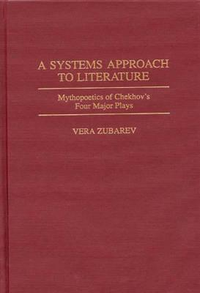Shakespeare's Festive Comedy
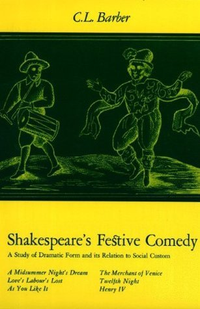
Summary
" I have been led into an exploration of the way the social form of Elizabethan holidays contributed to the dramatic form of festive comedy. To relate this drama to holiday has proved to be the most effective way to describe its character. And this historical interplay between social and artistic form has an interest of its own: we can see here, with more clarity of outline and detail than is usually possible, how art develops underlying configurations in the social life of a culture."--C. L. Barber, in the Introduction
Similar Books
-
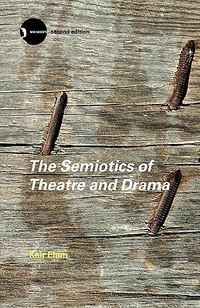 The Semiotics of Theatre and Drama
The Semiotics of Theatre and Dramaby Keir Elam
-
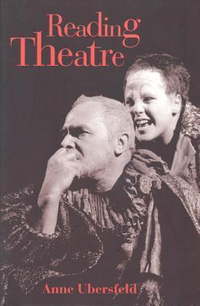 Reading Theatre
Reading Theatreby Anne Ubersfeld
-
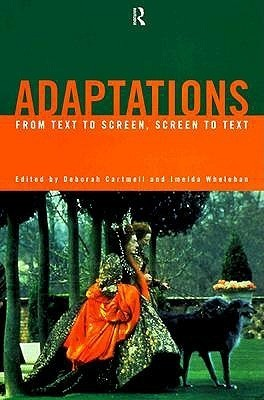 Adaptations
Adaptationsby Deborah Cartmell
-
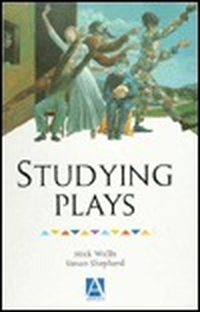 Studying Plays
Studying Playsby Mick Wallis
-
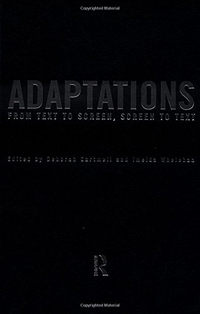 Adaptations: From Text to Screen, Screen to Text
Adaptations: From Text to Screen, Screen to Textby Deborah Cartmell
-
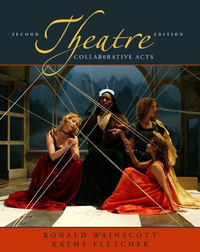 Theatre: Collaborative Acts
Theatre: Collaborative Actsby Ronald Wainscott
-
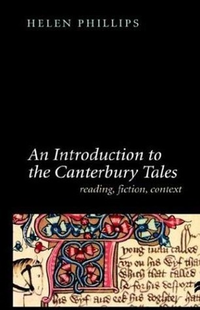 An Introduction To the Canterbury Tales: Fiction, Writing, Context
An Introduction To the Canterbury Tales: Fiction, Writing, Contextby Helen Phillips
-
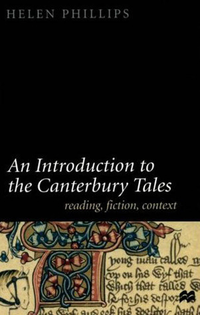 An Introduction To the Canterbury Tales: Reading, Fiction, Context
An Introduction To the Canterbury Tales: Reading, Fiction, Contextby Helen Phillips
-
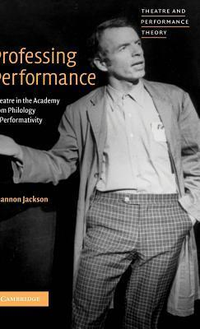
-
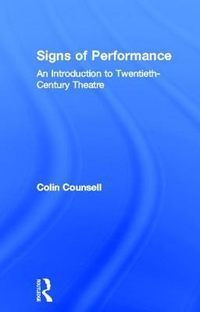 Signs of Performance: An Introduction to Twentieth-Century Theatre
Signs of Performance: An Introduction to Twentieth-Century Theatreby Colin Counsell
-
 That Shakespeherian Rag Pb
That Shakespeherian Rag Pbby Terence Hawkes
-
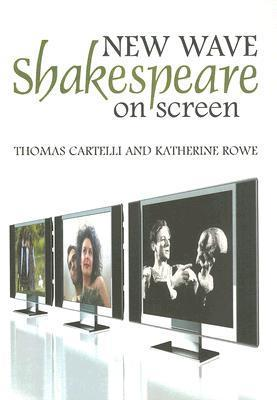 New Wave Shakespeare on Screen
New Wave Shakespeare on Screenby Thomas Cartelli
-
 King Lear
King Learby Ann Thompson
-
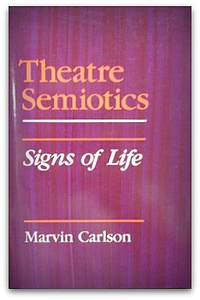 Theatre Semiotics: Signs of Life
Theatre Semiotics: Signs of Lifeby Marvin A. Carlson
-
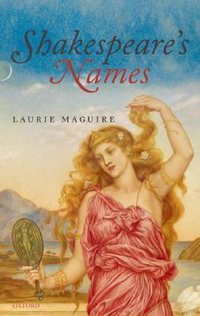 Shakespeare's Names (Oxford Shakespeare Topics
Shakespeare's Names (Oxford Shakespeare Topicsby Laurie Maguire
-
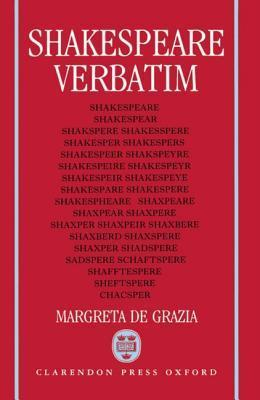 Shakespeare Verbatim: The Reproduction of Authenticity and the 1790 Apparatus
Shakespeare Verbatim: The Reproduction of Authenticity and the 1790 Apparatusby Margreta de Grazia
-
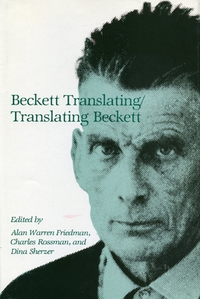 Beckett Translating/Translating Beckett
Beckett Translating/Translating Beckettby Alan W. Friedman
-
 Stillness in Motion in the Seventeenth Century Theatre
Stillness in Motion in the Seventeenth Century Theatreby P.A. Skantze
-
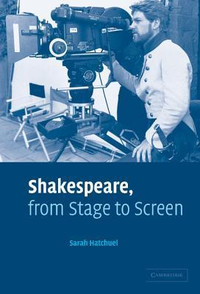 Shakespeare, from Stage to Screen
Shakespeare, from Stage to Screenby Sarah Hatchuel
-
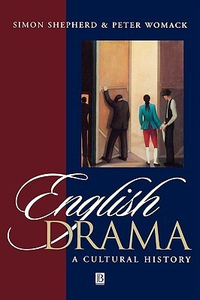 English Drama: A Cultural History
English Drama: A Cultural Historyby Simon Shepherd
-
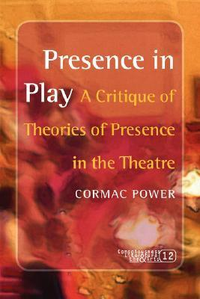
-
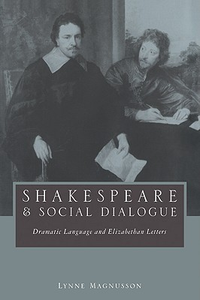 Shakespeare and Social Dialogue: Dramatic Language and Elizabethan Letters
Shakespeare and Social Dialogue: Dramatic Language and Elizabethan Lettersby Lynne Magnusson
-
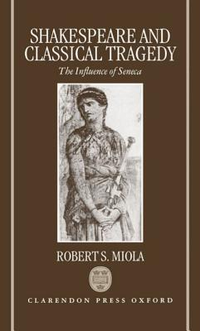 Shakespeare and Classical Tragedy: The Influence of Seneca
Shakespeare and Classical Tragedy: The Influence of Senecaby Robert S. Miola
-
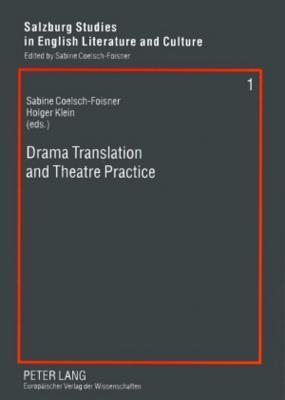 Drama Translation and Theatre Practice
Drama Translation and Theatre Practiceby Sabine Coelsch-Foisner
-
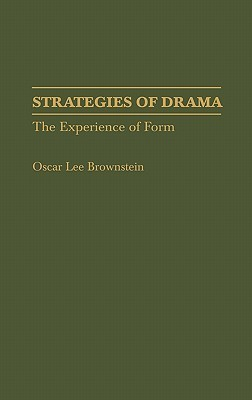 Strategies of Drama: The Experience of Form
Strategies of Drama: The Experience of Formby Oscar Lee Brownstein
-
 Chekhov: A study of the major stories and plays
Chekhov: A study of the major stories and playsby Beverly Hahn
-
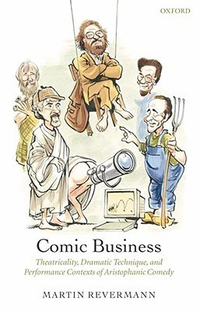
-
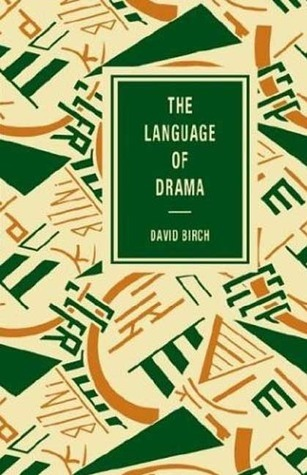 The Language of Drama
The Language of Dramaby David Birch
-
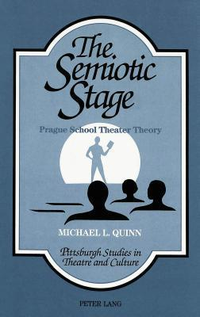 The Semiotic Stage: Prague School Theater Theory
The Semiotic Stage: Prague School Theater Theoryby Michael L. Quinn
-

-
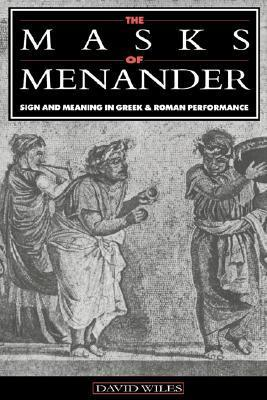
-
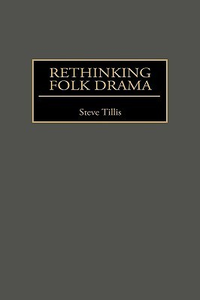 Rethinking Folk Drama
Rethinking Folk Dramaby Steve Tillis
-
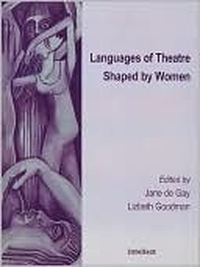 Languages of Theatre Shaped by Women
Languages of Theatre Shaped by Womenby Jane De Gay
-
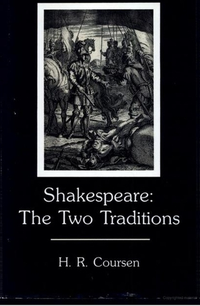 Shakespeare: The Two Traditions
Shakespeare: The Two Traditionsby Herbert R. Coursen
-

-
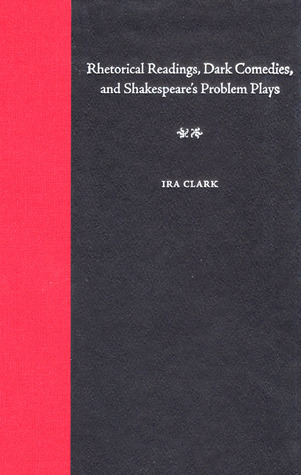
-
 Shakespearean Films
Shakespearean Filmsby Donaldson
-
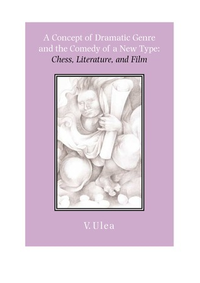
-
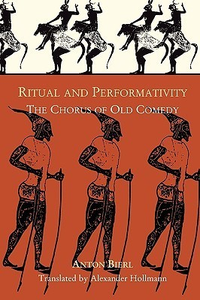 Ritual and Performativity: The Chorus in Old Comedy
Ritual and Performativity: The Chorus in Old Comedyby Anton Bierl
-
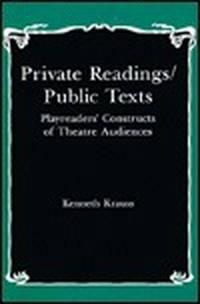
-
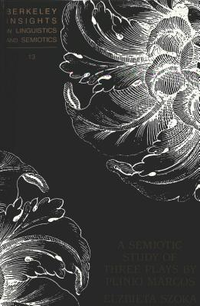 A Semiotic Study of Three Plays by Plínio Marcos
A Semiotic Study of Three Plays by Plínio Marcosby Elzbieta Szoka
-
 Dramatic Narrative: Racine's Récits
Dramatic Narrative: Racine's Récitsby Nina C. Ekstein
-
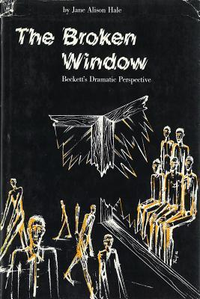 Broken Window: Beckett's Dramatic Perspective
Broken Window: Beckett's Dramatic Perspectiveby Jane Alison Hale
-
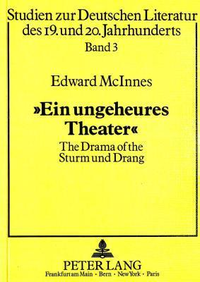 «Ein ungeheures Theater»: The Drama of the Sturm und Drang
«Ein ungeheures Theater»: The Drama of the Sturm und Drangby Jean McInnes
-
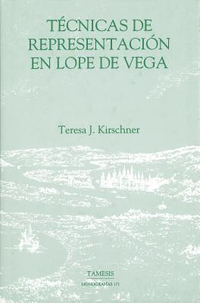 Técnicas de representación en Lope de Vega
Técnicas de representación en Lope de Vegaby Teresa J. Kirschner
-
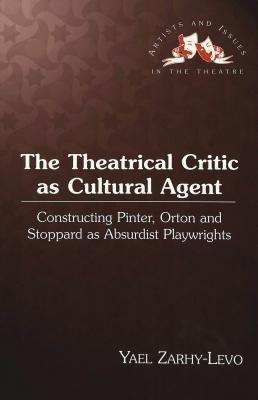
-
